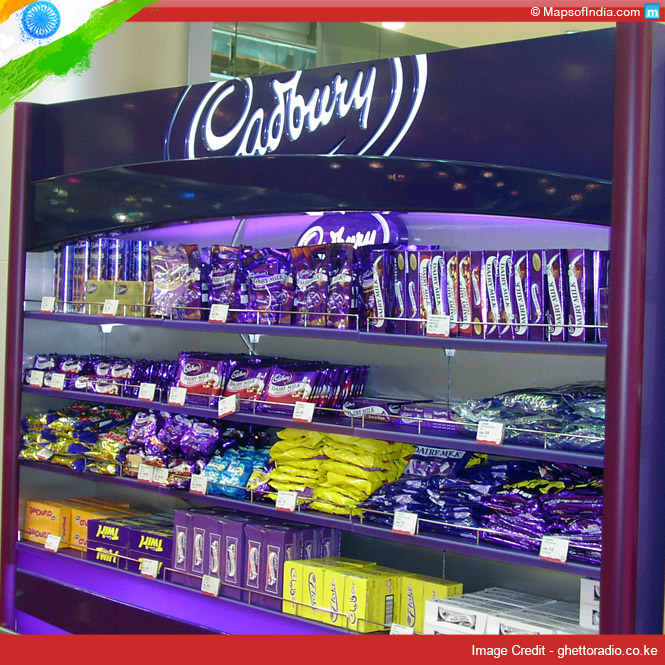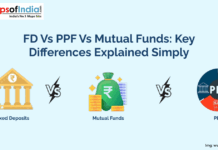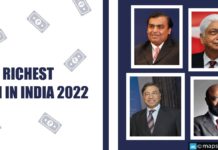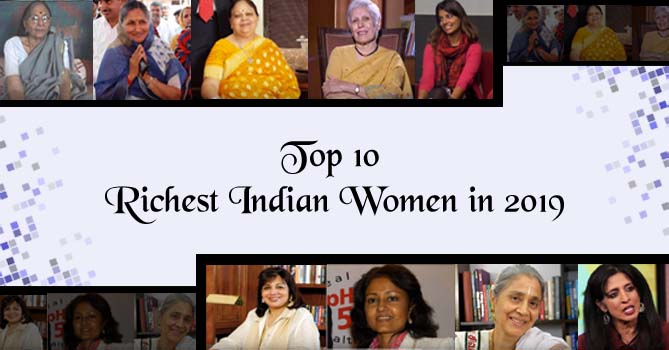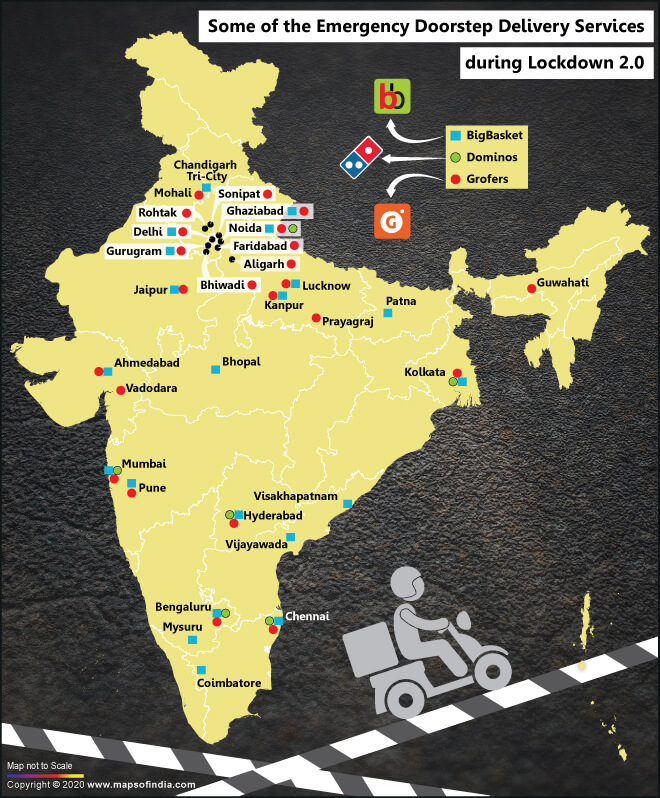Cadbury India will soon be Renamed
Never again, may you be able to step out to the neighboring shop and ask “Bhaiya, ek Cadbury dena…” And no, it has nothing to do with the purported worldwide shortage of the cocoa crop. For almost six decades now, the name Cadbury has been synonymous in our country with chocolates and confects, and Cadbury India has led the way as the country’s largest chocolate maker since 1948. Not for long though, says the company. Cadbury India will soon be renamed Mondelez India. The name change follows the global acquisition of Cadbury PLC by the US-based company Mondelez International in 2010.
Starting from 1967 and 1968 respectively, Cadbury 5-Star and Cadbury Gems have been indispensible to most Indian households. In recent times, though, the brand recall of Tang, Oreo, Halls, Bournvita, Perk, and Celebrations in the minds of the Indian consumers is almost just as high.
In early 2010, British candy and confectionery company Cadbury was acquired by US-based Kraft Foods for about £11.9 billion, triggering off a raving “Save-Cadbury” campaign in the UK. Kraft Foods persisted with the deal in the belief that it was essential to realize the company’s ‘geographical footprint’ in lucrative emerging markets, particularly in India. The entry of Kraft Foods saw a sudden influx of revenue into Cadbury India. Revenue rose phenomenally – from about $400 million in 2009 to $500 million in 2010. Sales grew by over 40% the following year. In 2012, Kraft Foods went through a major restructuring and its $31-billion chocolates and snacks business took on a separate identity – Mondelez (pronounced mohn-dah-leez) International.
The toughest challenge to be faced by Mondelez India, market watchers predict, is the loss of brand association. Cadbury dairy Milk, the company’s flagship product since 1984 will soon be called Mondelez Dairy Milk. In a country like India, where brand associations are exceptionally strong, FMCG companies like Coca-Cola, PepsiCo, Brittania, and Colgate are often considered inseparably linked to the flagship products they market. Brand logos, images, advertising, and marketing wars and conflicts in this country are legendary. In such a market Mondelez comes with a strong “foreign” legacy. (Even its name comes from the Latin words – monde meaning world and delez meaning delicious). However-much company MD Manu Anand stresses on the vision to become India’s No 1 snacking company, market-watchers are apprehensive about the loss of brand and consequent recall value due to the change.
The brand change became only a matter of time when last year the company’s iconic Mumbai properties, Cadbury House and Bournville Apartments, were sold for a hefty INR 400 crore to renowned diamond merchant Dilip Kumar V Lakhi of the DeBeers Group. Cadbury House, located at a bustling Peddar Road junction in Mumbai, has been the corporate office and Bournville Apartments, the residence of all the top executives of the company. The sale of these properties is viewed as a move of the company to further dissociate itself from the brands that were hitherto its identity. Mondelez India will start to operate from its new corporate office in Lower Parel, Mumbai, in June 2014.
Will India’s favorite chocolate survive this brand transition? In an environment when multinational brands struggle to retain their indigenous association and increasingly identify with regional sentiments, can Mondelez succeed in creating a new identity and retaining its existing customer base? Will the emotional and cultural associations painstakingly built for products such as Cadbury Celebrations be lost in this medley of changes? Or will Mondelez successfully pull off a change of identity similar to the Command-Hutch-Vodafone story? Will parting be sweet sorrow?

